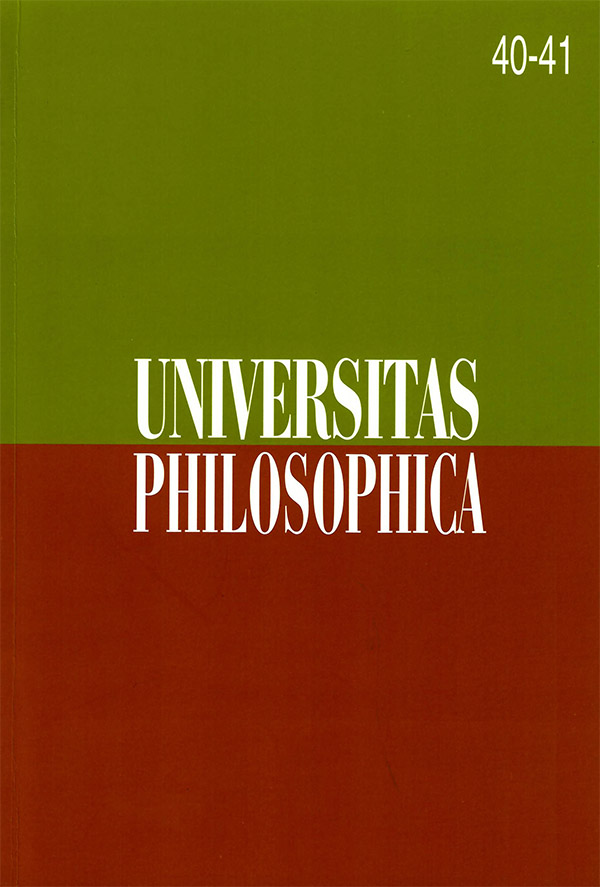Abstract
In the realm of ethics, the objections that G. E. Moore makes to ethical naturalism are well known. His influence in this field during the last fifty years has been well recognized. Moore bases his critique on two central points: 1. The simplicity and non-natural character of goodness; and 2. The clever semantic argument called: the `open-question' Recently, some critics have associated the Moorean arguments with 'Hume's Law' that argues the impossibility of deriving moral conclusions from non-moral premises, with the purpose of proving the autonomous ontological character of ethics. This article aims to explain such critiques of ethical naturalism while, at the same time, demonstrating that they are erroneous from their foundations. This is because their propositions confuse various spheres of ethical research i.e., incur on a `category mistake', supported further on erroneous interpretations of naturalistic objectives.This journal is registered under a Creative Commons Attribution 4.0 International Public License. Thus, this work may be reproduced, distributed, and publicly shared in digital format, as long as the names of the authors and Pontificia Universidad Javeriana are acknowledged. Others are allowed to quote, adapt, transform, auto-archive, republish, and create based on this material, for any purpose (even commercial ones), provided the authorship is duly acknowledged, a link to the original work is provided, and it is specified if changes have been made. Pontificia Universidad Javeriana does not hold the rights of published works and the authors are solely responsible for the contents of their works; they keep the moral, intellectual, privacy, and publicity rights.
Approving the intervention of the work (review, copy-editing, translation, layout) and the following outreach, are granted through an use license and not through an assignment of rights. This means the journal and Pontificia Universidad Javeriana cannot be held responsible for any ethical malpractice by the authors. As a consequence of the protection granted by the use license, the journal is not required to publish recantations or modify information already published, unless the errata stems from the editorial management process. Publishing contents in this journal does not generate royalties for contributors.


